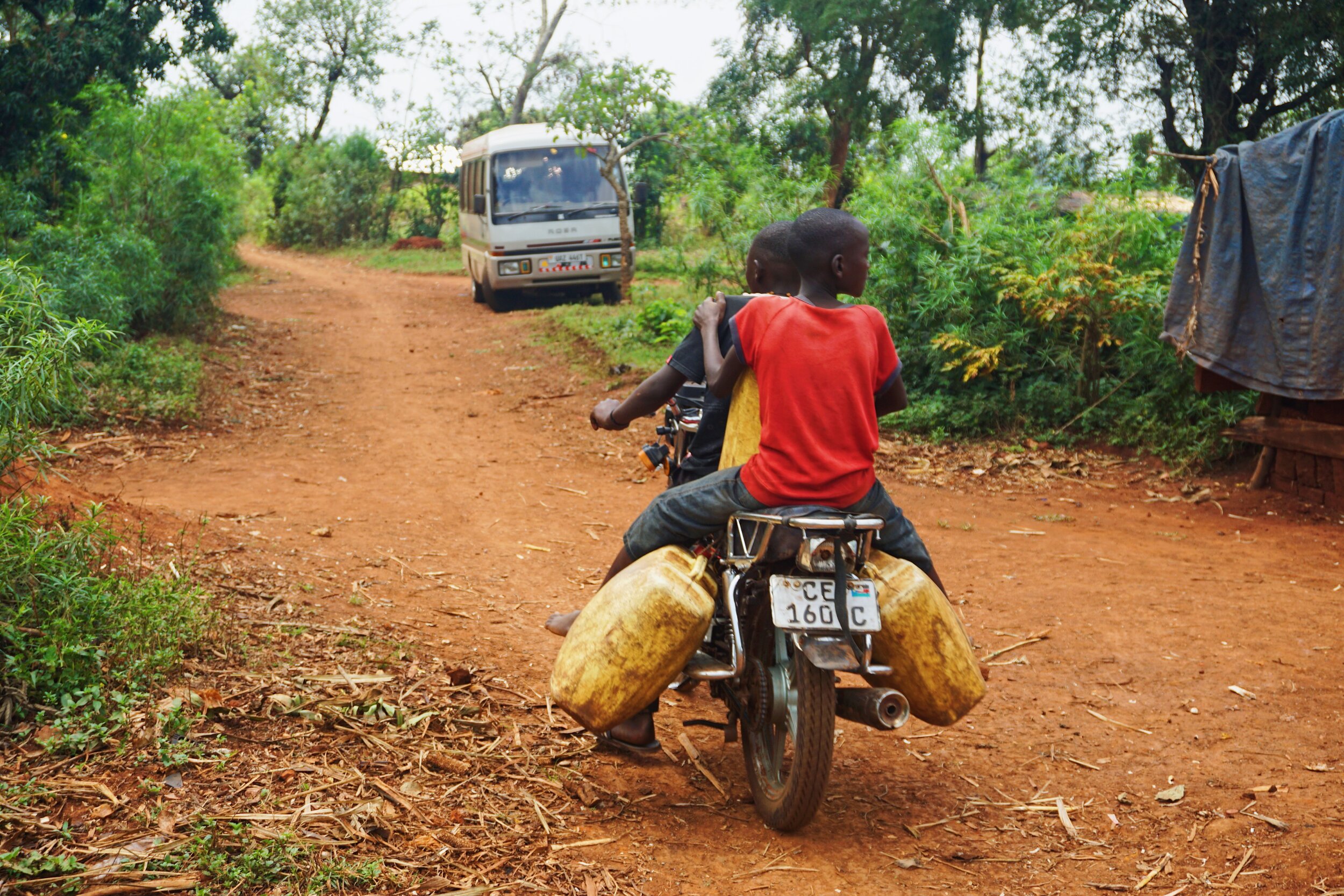Our Snippets
Insights, thoughts and research on our shared efforts to eradicate poverty.

On December 1st, Americans gave $2.47 billion to charity. Here’s how we collectively turn that into $150 billion.

How we determine our giving priorities?
Using aggregated data from a number of leading academic databases, top economic scholars and prominent sociological thinkers, we place anti-poverty strategies in a quadrant according to two variables.

Three goals of an effective anti-poverty strategy.
When organizations effectively and intelligently match their interventions to one or more of these goals, they create powerful and long-lasting change.

What we know about the causes of poverty.
The best research confirms that poverty is not a static phenomenon. Identifiable causes help generate, and regenerate, poverty. Knowing why people are experiencing poverty equips us to better design strategies to help.

What we look for in high-impacting organizations.
The organizations Auxylios recommend all have similar features, .After reviewing the research, inspecting the sheets, and studying the claims and counter-claims, we know that groups with these high standards are good at reducing poverty.

How to make your giving go $16,000 further.
After around a century of research into poverty and well-being, combined with the mounting evidence from ‘big-data’, we now know more clearly the power of each dollar given to fight poverty.

Why every business - even start-ups - should have CSI built in as a core value.
Creating a business is exciting.
Not only do you get to follow your passion and be your own boss, but you also get to design an organization that reflects your character, your ideals and your aspirations for the world.

Why we should ask ‘why’ about poverty.
The ancient philosopher, Aristotle, believed that knowing why something occurs is of such significance that we cannot truly say that we know about a ‘thing’ until we have grasped why it came to be.

Can a neighborhood coffee shop help us rethink our anti-poverty strategies?
How do we ensure that everyone in our communities, including (and especially) those with disabilities, has the opportunity to release their skills in the job market?

Why strategic compassion looks for vulnerability, not just need.
In this new era of churches (and other compassionate organizations) needing to do more with less, it is faster, more logical and more cost-effective to avert the onset of poverty in the first instance than to provide assistance only after someone has fallen into poverty.
